Shipping Containers Saskatoon & Area
Looking for shipping containers in Saskatchewan? Whether you call them sea cans, storage containers, or conex boxes—we've got you covered. New and used containers available for sale or rent with delivery across the province.
20'+
Sizes Available
New
& Used Stock
SK
Wide Delivery
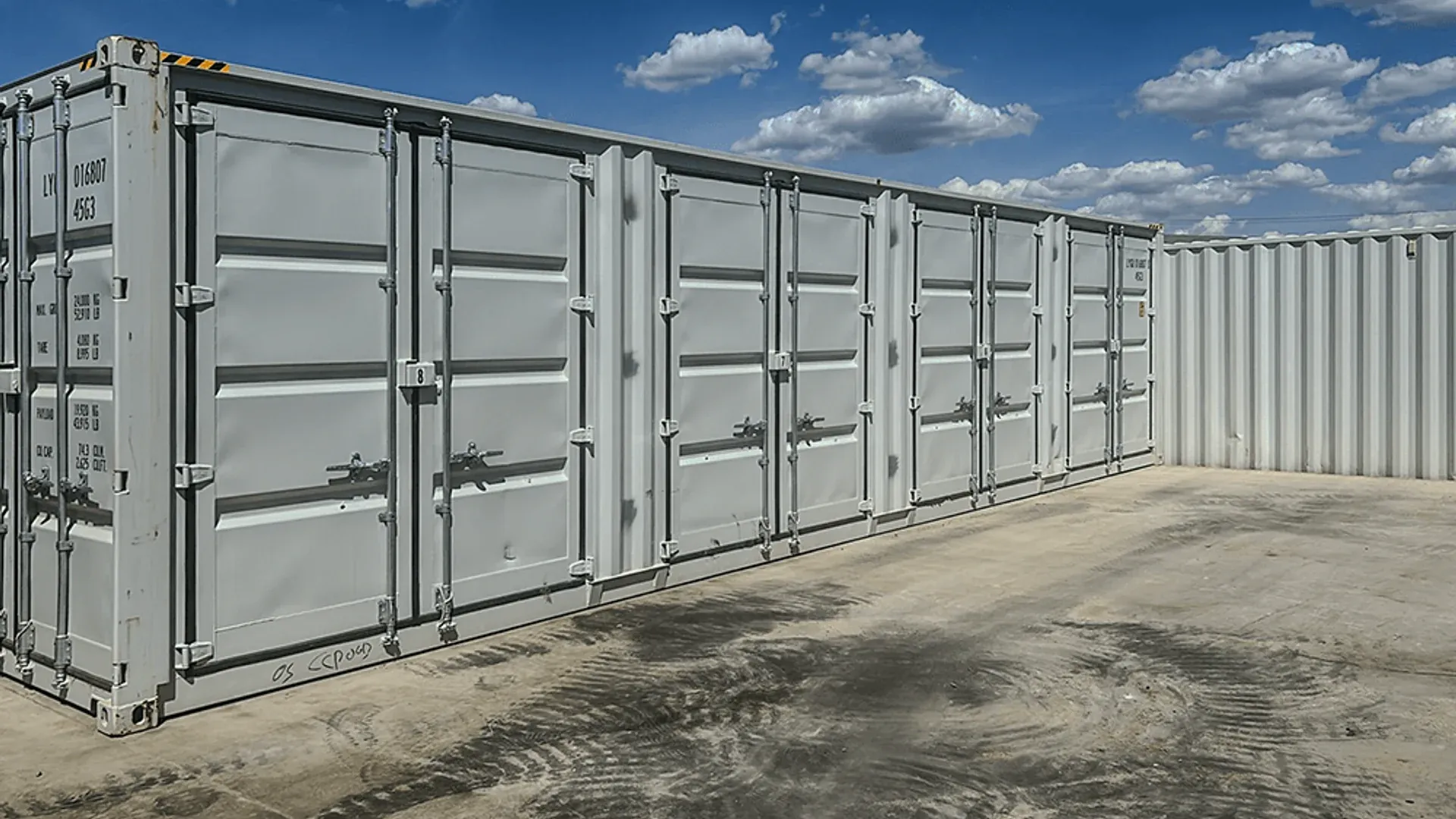
Serving
All of Saskatchewan
What is a Shipping Container?
The ultimate storage solution that's built to last.
Shipping containers (also known as sea cans, storage containers, conex boxes, or intermodal containers) are standardized steel boxes originally designed to transport cargo across the world's oceans.
Built from heavy-gauge Corten steel (weathering steel), these containers are engineered to withstand the harshest conditions—salt spray, extreme temperatures, and constant movement. This incredible durability makes them perfect for storage, workshops, and even building construction long after their shipping days are over.
In Saskatchewan, shipping containers have become the go-to solution for farmers, contractors, businesses, and homeowners who need secure, weatherproof storage that can handle our prairie climate.
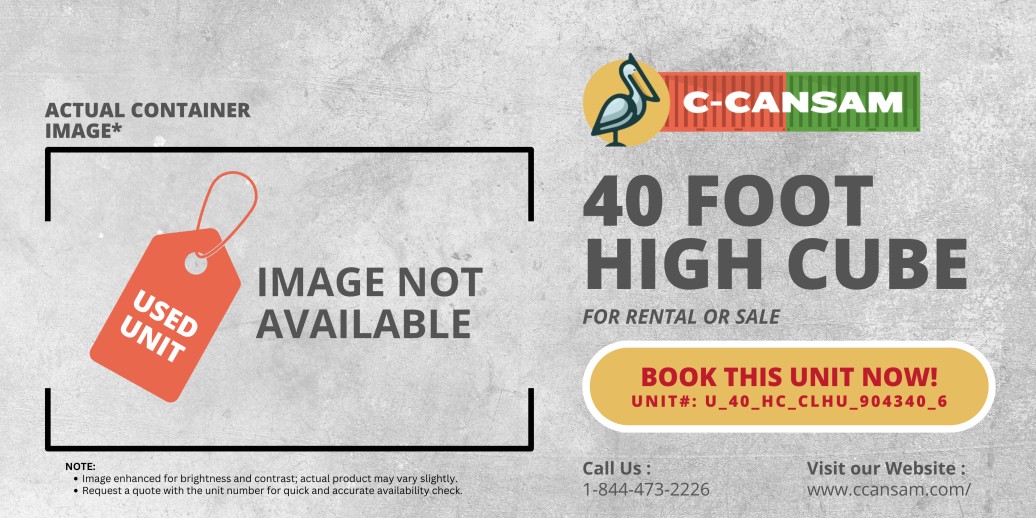
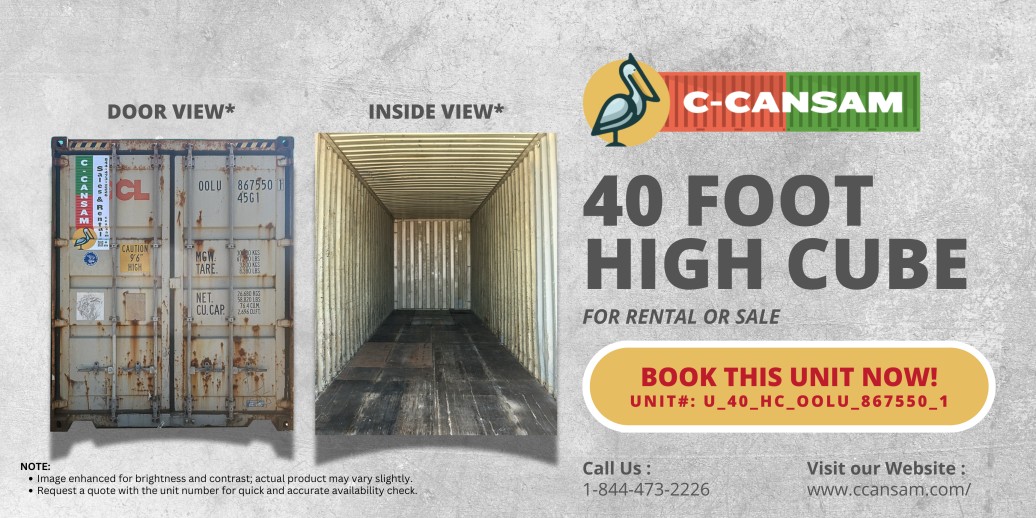
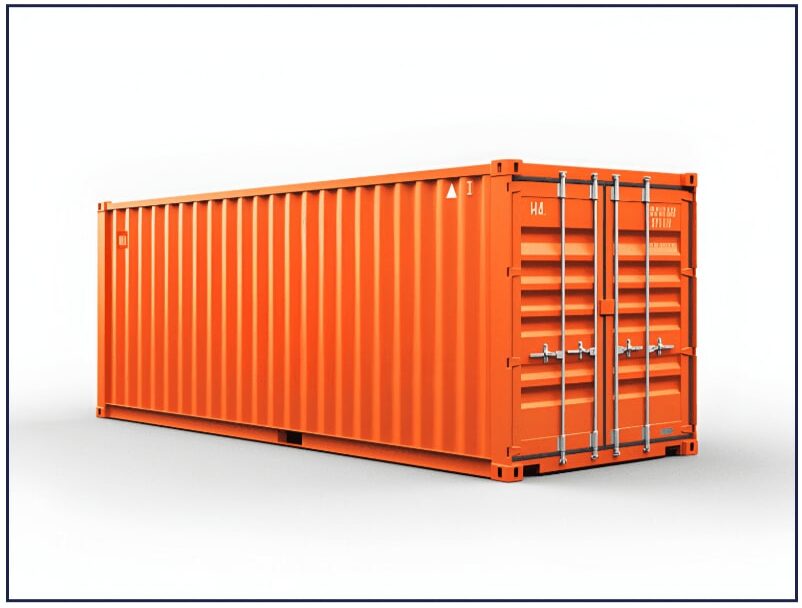
Why Choose a Shipping Container?
Built for the toughest conditions on earth.
Year Lifespan
Built to Last
Shipping containers are engineered to withstand extreme ocean conditions. Corten steel construction resists rust and corrosion, lasting 25+ years with minimal maintenance.
Weatherproof
Weatherproof
Wind and watertight seals protect your belongings from rain, snow, and Saskatchewan's extreme temperature swings. Your items stay dry and safe year-round.
Steel Thickness
Secure Storage
Heavy-duty steel construction with lockable doors. Optional lock boxes and high-security locks available. Nearly impossible to break into.
Possibilities
Portable & Versatile
Move your container wherever you need it. Use it as-is for storage or modify it into workshops, offices, tiny homes, and more.
Shipping Container Sizes
Find the perfect size for your needs. We stock 20ft, 40ft, and 40ft High Cube containers.
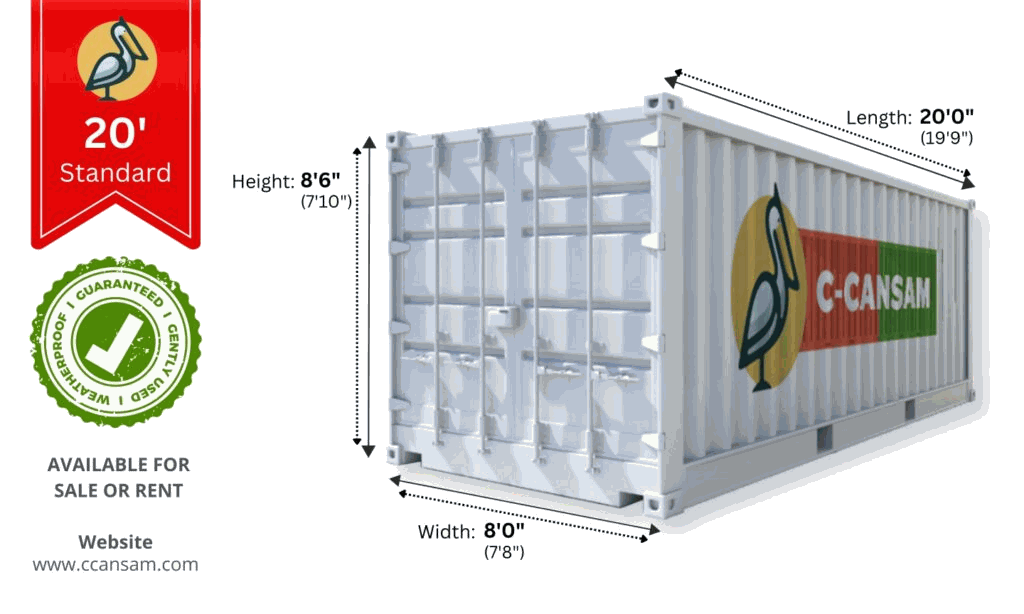
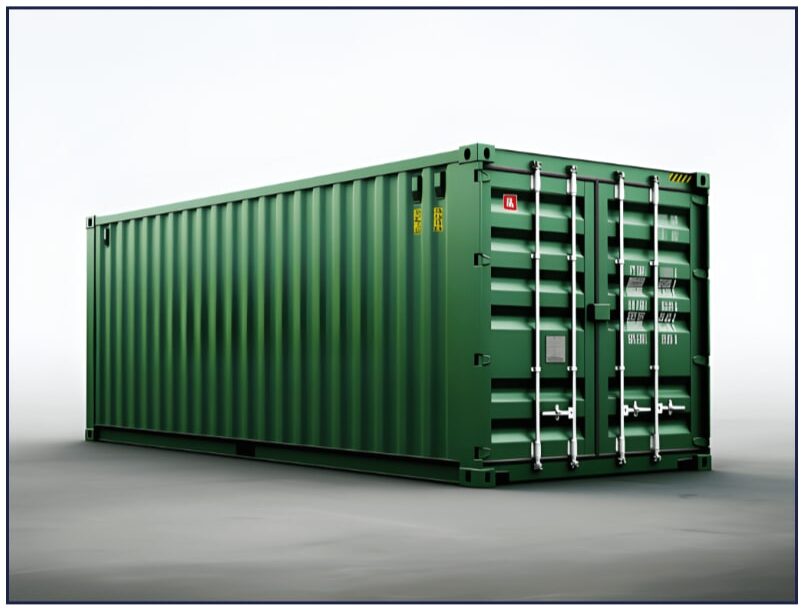
20' Standard Shipping Container
"Twenty Footer"
- External Dimensions
- 20' L × 8' W × 8'6" H
- Internal Dimensions
- 19'4" L × 7'8" W × 7'10" H
- Storage Capacity
- 1,172 cubic feet
- Max Payload
- 47,900 lbs
Ideal for: Residential storage, small business inventory, tools & equipment
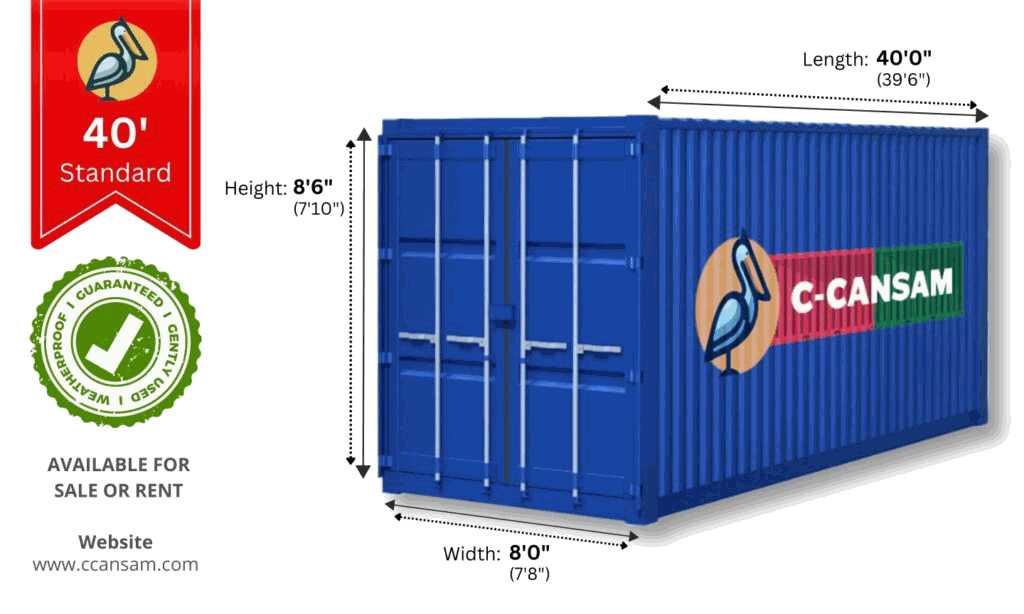

40' Standard Shipping Container
"Forty Footer"
- External Dimensions
- 40' L × 8' W × 8'6" H
- Internal Dimensions
- 39'5" L × 7'8" W × 7'10" H
- Storage Capacity
- 2,390 cubic feet
- Max Payload
- 58,820 lbs
Ideal for: Business inventory, construction sites, large equipment
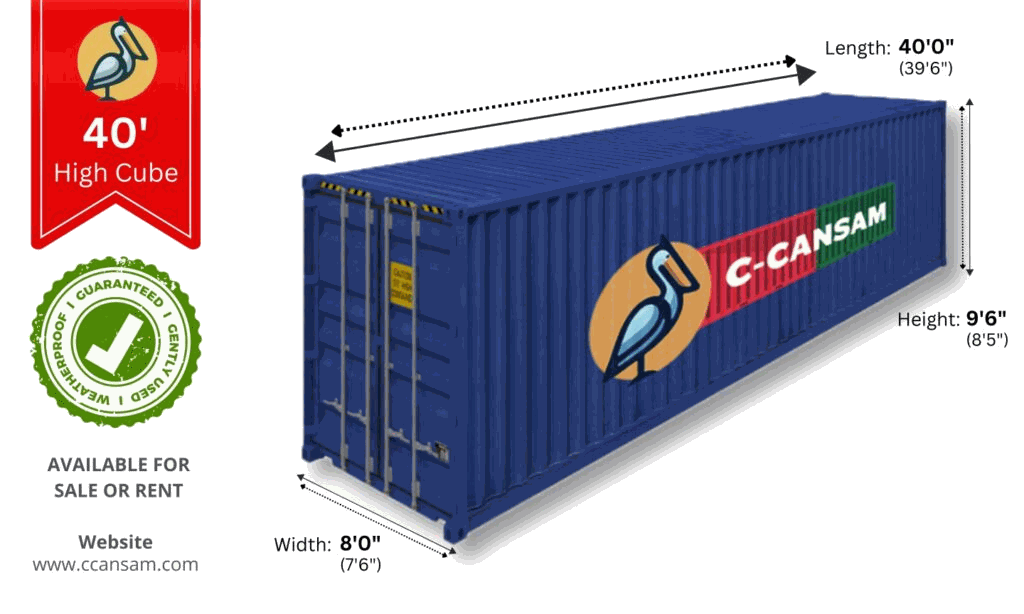

40' High Cube Shipping Container
"Forty Foot HC"
- External Dimensions
- 40' L × 8' W × 9'6" H
- Internal Dimensions
- 39'5" L × 7'8" W × 8'10" H
- Storage Capacity
- 2,694 cubic feet
- Max Payload
- 58,598 lbs
Ideal for: Oversized items, workshops, studios, container homes
Not Sure Which Size You Need?
Our team can help you figure out the perfect container for your project. We'll ask about what you're storing and recommend the best option.
What Can You Use a Shipping Container For?
From storage to creative builds—the possibilities are endless.
Farm & Agricultural Storage
Protect equipment, feed, seed, and supplies from Saskatchewan's harsh weather. Wind and watertight containers keep your valuable assets safe year-round.
Construction Sites
Secure tool storage and on-site offices. Keep expensive equipment safe from theft and weather while maintaining easy access during work hours.
Home Renovation Storage
Temporary storage during renovations. Keep furniture and belongings safe and dry on your property while work is being done inside your home.
Business Inventory
Expand your storage capacity without expensive building construction. Perfect for retail overflow, seasonal inventory, and e-commerce fulfillment.
Workshops & Studios
Convert a container into your personal workspace. Insulate it, add lighting, and create the perfect workshop, art studio, or home office.
Moving & Relocation
Pack at your own pace. Load your container, and we'll move it to your new location when you're ready. No rush, no pressure.
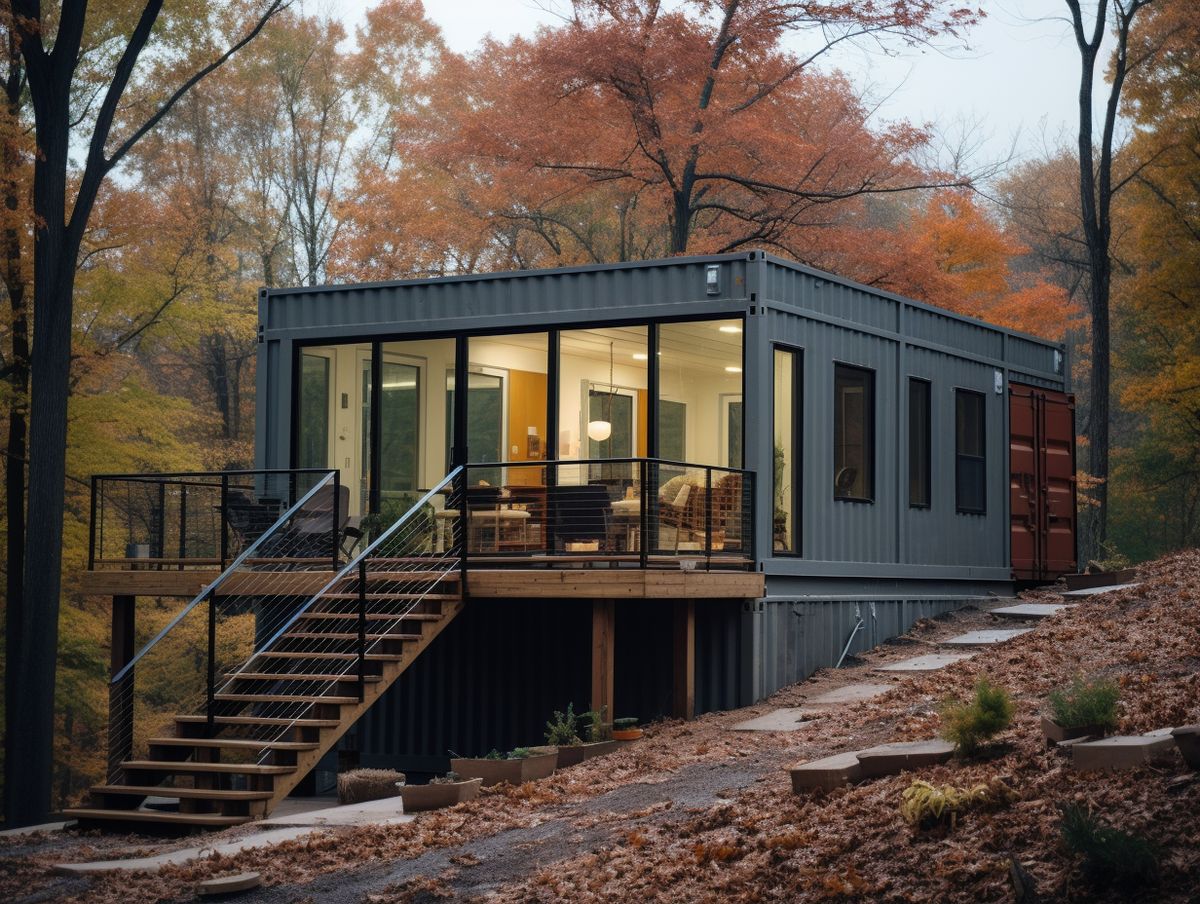

Workshop Photo
Farm Storage Photo
Buy or Rent a Shipping Container?
We offer flexible options to match your needs and budget.
Buy a Container
Own your container outright. A one-time investment for permanent storage or conversion projects.
- No monthly payments after purchase
- Modify, paint, and customize however you want
- Holds value well—resell if needs change
- Best for: Long-term storage, conversions, permanent placement
Rent a Container
Flexible monthly rentals. Perfect for temporary projects without the upfront investment.
- Low upfront costs—pay monthly
- Flexible terms—extend or return as needed
- We handle pickup when you're done
- Best for: Renovations, construction, seasonal storage, moving
Shipping Container Delivery in Saskatchewan
We deliver throughout the province.
Based in Martensville
Serving Saskatoon, Warman, and all of Saskatchewan
Local Delivery
Saskatoon, Martensville, Warman, and surrounding areas. Quick turnaround and competitive rates.
Province-Wide
Prince Albert, Regina, Moose Jaw, Swift Current, and everywhere in between. We'll get a container to you.
Delivery available using tilt-bed or crane trucks depending on your site requirements. We'll discuss access and placement when you contact us.
Shipping Container FAQs
What is a shipping container?
A shipping container (also called a sea can, conex box, or intermodal container) is a standardized steel box designed to transport goods across oceans on cargo ships. These containers are built from heavy-gauge Corten steel, making them incredibly durable, weatherproof, and secure. After their shipping life, they make excellent storage solutions, workshops, and even buildings.
What sizes do shipping containers come in?
The most common shipping container sizes are 20-foot and 40-foot lengths. Standard containers are 8'6" tall, while High Cube (HC) containers are 9'6" tall. We also carry 9-foot mini containers perfect for residential use. All containers are 8 feet wide to fit on standard transportation.
How long do shipping containers last?
A well-maintained shipping container can last 25 years or more. They're built from Corten steel (weathering steel) that forms a protective rust layer to prevent further corrosion. With proper care—keeping the roof clear of debris and touching up any scratches—your container will provide decades of reliable service.
What's the difference between new and used shipping containers?
New containers (called 'one-trip' containers) have only made one ocean voyage from Asia. They're in like-new condition with minimal cosmetic wear. Used containers have been in active shipping service and show more wear but are inspected to be wind and watertight. Used containers offer better value for pure storage needs.
Can shipping containers handle Saskatchewan winters?
Absolutely. Shipping containers are designed for extreme conditions—they survive arctic shipping routes and temperature swings from -40°C to +50°C. The steel construction handles snow loads easily, and proper ventilation prevents condensation. They're perfect for our prairie climate.
Do I need a permit for a shipping container?
Permit requirements vary by municipality. In rural Saskatchewan, containers for agricultural use typically don't require permits. In cities like Saskatoon, you may need a development permit for permanent placement. We recommend checking with your local planning department. Temporary placement during construction usually doesn't require permits.
How much does a shipping container cost?
Prices vary based on size, condition (new vs. used), and current market conditions. Contact us for current pricing—we offer both purchase and rental options to fit your budget. Delivery is available throughout Saskatchewan.
Can you deliver shipping containers to my location?
Yes! We deliver throughout Saskatchewan using tilt-bed trucks or crane trucks depending on your site conditions. We can place containers on level ground, gravel pads, or concrete. We'll discuss site requirements and access when you contact us for a quote.
Ready to Get Your Shipping Container?
Whether you're buying or renting, we're here to help you find the perfect container for your needs. Get in touch today for current pricing and availability.